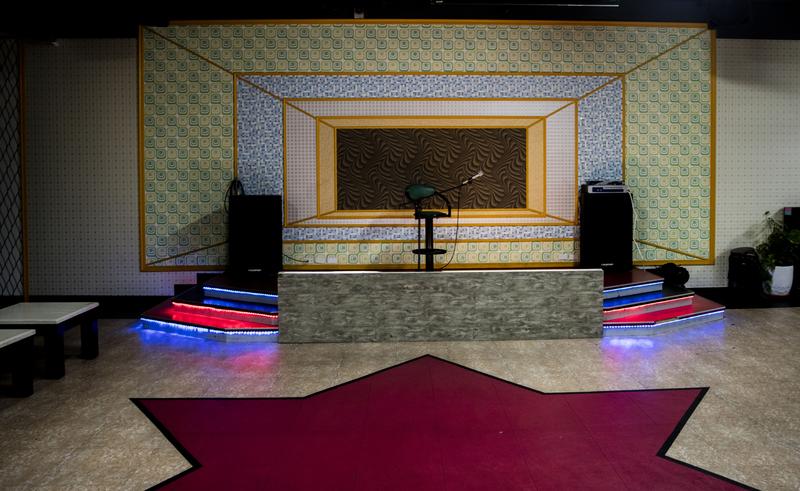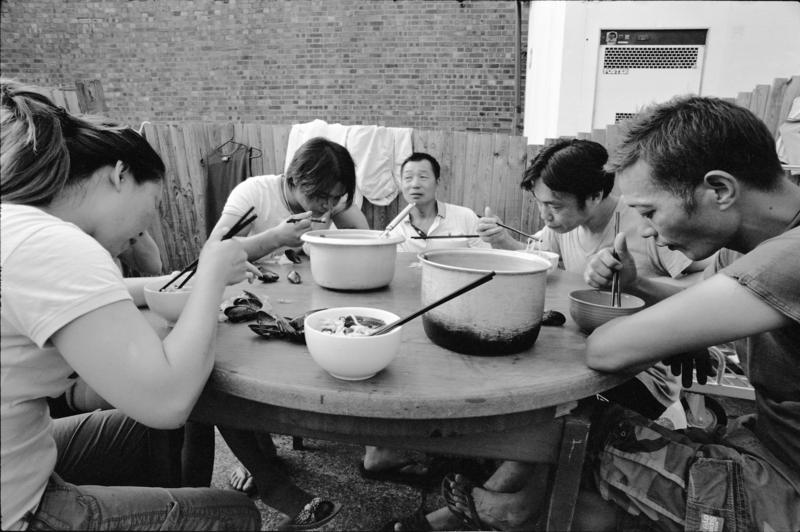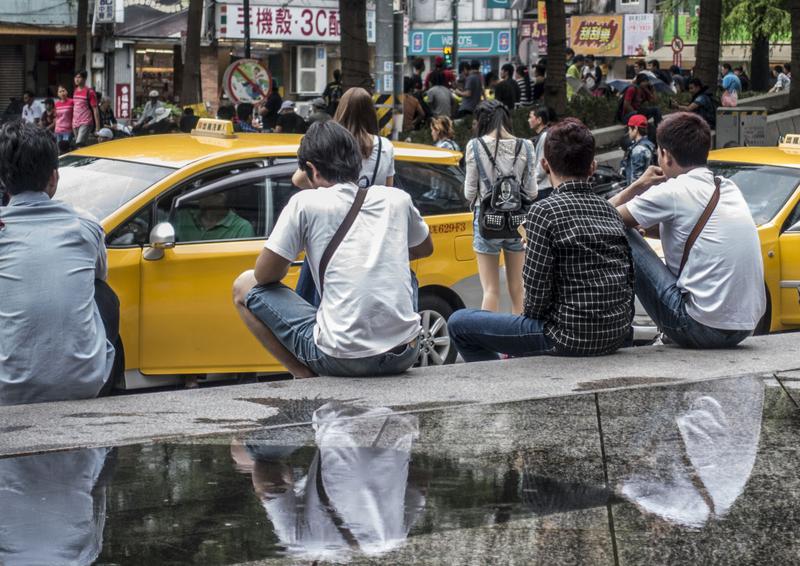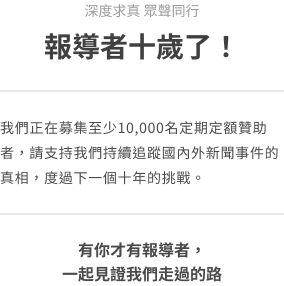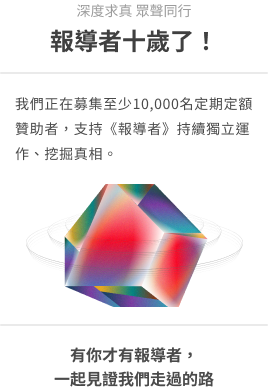在地傳真
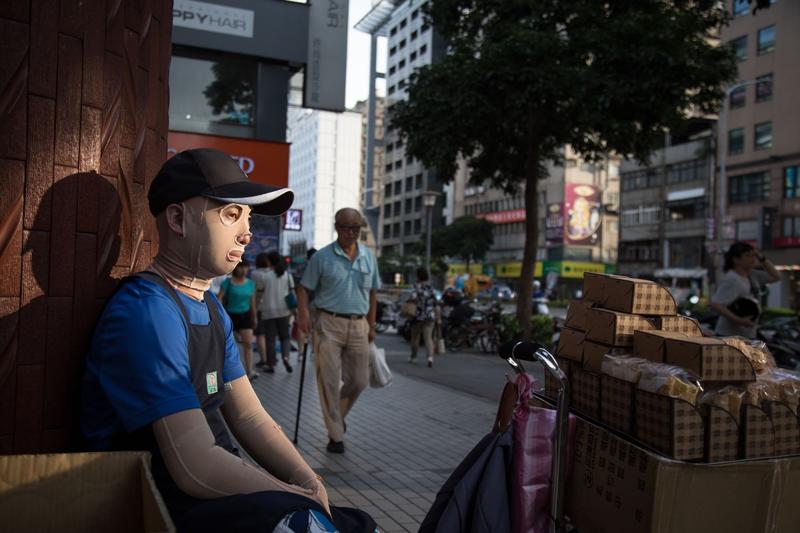
對許多離鄉背井來到台灣的東南亞移工們而言,來台灣工作賺錢這件事很吸引人。在這裡能夠賺取比家鄉還高出幾倍的薪資,這足夠說服任何出生在貧困的人,離開他們的家鄉到台灣工作。
根據聯合國的統計,在越南一個月的平均工資為150美元(約台幣4,500元),但東南亞移工在台灣一個月的薪水為20,008元,遠超過在越南的平均收入。對這群移工來說,在台灣工作是能夠賺錢的。
這群來自貧窮環境的移工看到了在台灣似乎有機會能夠賺取比平常多十倍的薪水,但是這當中其實暗藏著陷阱。他們從未預期,來到台灣的第一年實質上成了被契約套牢的工人。
扣掉所有開銷的費用、仲介費、保險與房租,許多移工在台灣的第一年常常過得比在家鄉還要辛苦。第一年在台灣,他們的身上僅能留下很少的錢吃飯,除非他們足夠幸運可以到工作量繁重的工廠,透過不斷超時加班賺取更多收入,這是許多移工夢寐以求的工作機會。
來自越南的Kieu,為了供養家庭所需,認為來台灣工作是值得的。2004年他來到台灣,在大理石廠工作,連續簽了3份各為期3年的合約。一開始,他必須每個月分期付款繳交共13萬元的仲介費。即使往後他都與同一家工廠重新簽約,每一次還是得再重新支付13萬元的仲介費。每次新合約行使的第一年,原本應該要提供給越南家裡的生活費,就會被扣押到剩下幾千塊台幣。這是Kieu在台灣的生活,他辛苦工作,雇主的受益卻遠超過他自己。
2013年的8月,對Kieu來說,所有的事情都改變了。3個月前他才剛簽了新的合約,同時從越南探望妻子和小孩回到台灣。他在這間大理石廠工作這麼久的時間,卻從未料想到發生這件事情,對他未來的人生有如此劇烈的影響與改變。就在8月17日這一天,他被燒傷。
事情發生在某個星期六,對於在台移工來說是很平常的工作日。Kieu打開一桶蠟,準備用在大理石上。但固體狀的蠟還無法使用,於是他遵照指示用火炬準備軟化蠟,但卻意外引發火災,現場一陣騷亂。Kieu試著保持冷靜想出解決方法,但在他還來不及採取任何行動之前,一位驚慌失措的同事不小心踢到著火的蠟桶,滾燙的蠟噴灑到Kieu身上。從那一刻起,Kieu再也無法成為工人,全身75%灼傷,經歷了難以承受的傷痛。無論是他的手、背與頭都有灼傷的痕跡,那痛苦的過程,讓他一度想終結生命。
在台灣大部份的時間,Kieu都在工廠工作。他從沒有想到公司會棄他於不顧,沒有任何的尊重。事發的幾個月後,公司決定停止支付薪水。於是雙方走上法庭,Kieu不得不接受遠低於他所期待的賠償金額,因為案子若再拖下去,會超過他的合約到期日。
隔年5月,Kieu回到越南與妻子和兩個孩子一起生活。對他來說,最大的挑戰便是,當安家費用盡,該如何為家人賺取足夠的生活費。越南的生活成本雖然便宜,但並非全部免費。Kieu已37歲,以他的身體狀況在越南更難找到工作。Kieu的太太在租來的家中開設一間資源回收中心,Kieu目前就暫時在這裡幫忙。但是,他沒辦法確定這項工作是否足夠維持家庭開銷。另一方面,越南炙熱的天氣也讓Kieu的身體異常難受,尤其被灼傷的部位已無法再排汗,這會導致灼傷的部位過熱。
Kieu的案例清楚顯示東南亞移工如何被台灣體系嚴重忽視。不同於擁有居留證的西方人,來自東南亞的移工完全沒有機會申請永久居留。他們最多只能取得12年的居留時間,這正好是他們身體最強壯、可以被充分利用的期間,期限一到,便無法留在台灣工作。這個千瘡百孔、充滿歧視的規則系統,讓這些移工就像是外來者,無法融入社會。
然而,儘管如此,來到台灣的東南亞移工也有過一些美好的際遇,包括Kieu自己。Kieu曾說,如果他是在越南發生這件意外,他早已死去。他很感激在台灣受到的關懷。陽光基金會幫助他復原,他也得到一筆台幣80萬元的勞保補償津貼,不過這些錢很快就因為醫療費用與家鄉開支而告罄,他現在必須找出如何度過未來人生的方法。
在復原的過程中,最讓Kieu感到開心的就是認識一個名為Hội Từ Thiện Kết Nối Yêu Thương的越南組織,這是由一群願意幫助在台患病或受傷移工的志工所組成。每個星期日,這個組織會到台灣各個越南餐廳的KTV募款。去年6月八仙塵爆發生時,Kieu也曾跟著志工去安慰那些傷患,同時進行自己的康復治療。
讓這些正努力重新站起來的人更長久地留在台灣,難道對台灣社會沒有益處?如果東南亞移工享有如同其他人一樣的平等待遇,他們可以為台灣社會創造更多、更好的貢獻。如今卻因為國籍問題,他們被排除在外,在台灣社會處於次等階級的位置。
以Kieu的案例來看,他被火紋身的身體,對工廠來說已毫無用處,可被任意丟在一旁不顧。這凸顯了台灣對於這群移工的態度;他們不被當人對待,只是工具。但是,這些便宜的勞工工具,多年來幫助台灣的經濟發展。將移工視為工具而非人的對待方式必須改變,他們值得更好的對待。

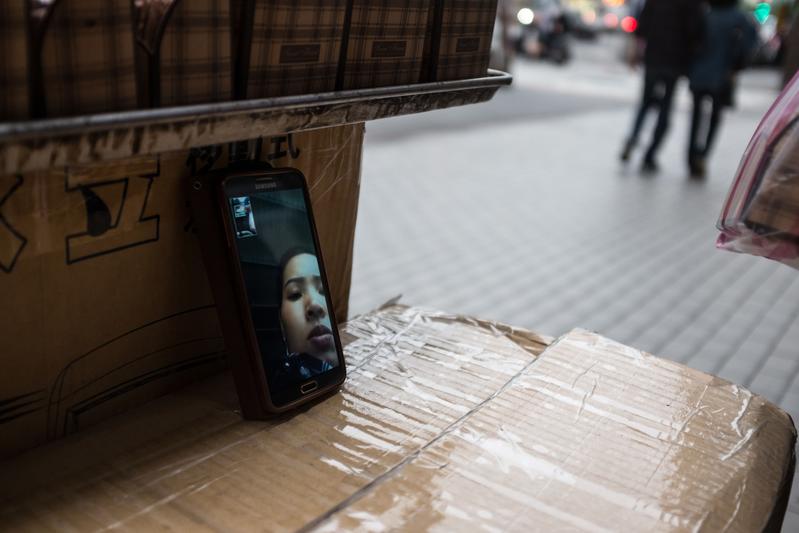
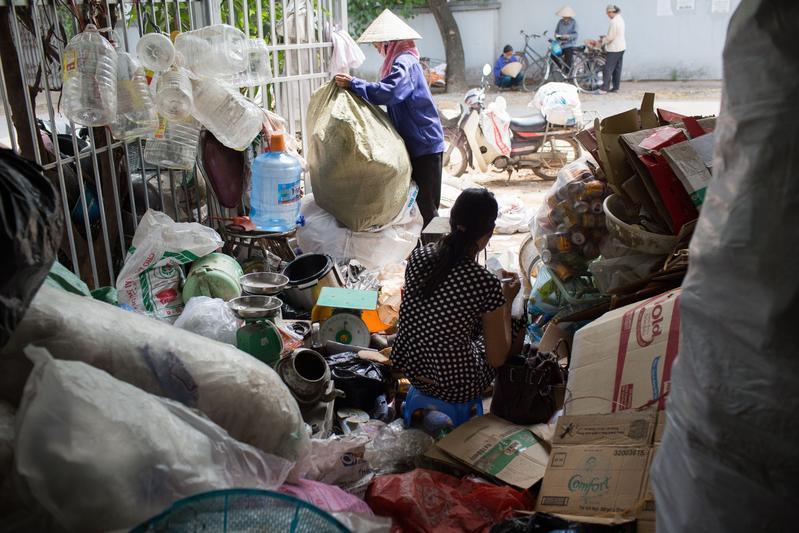
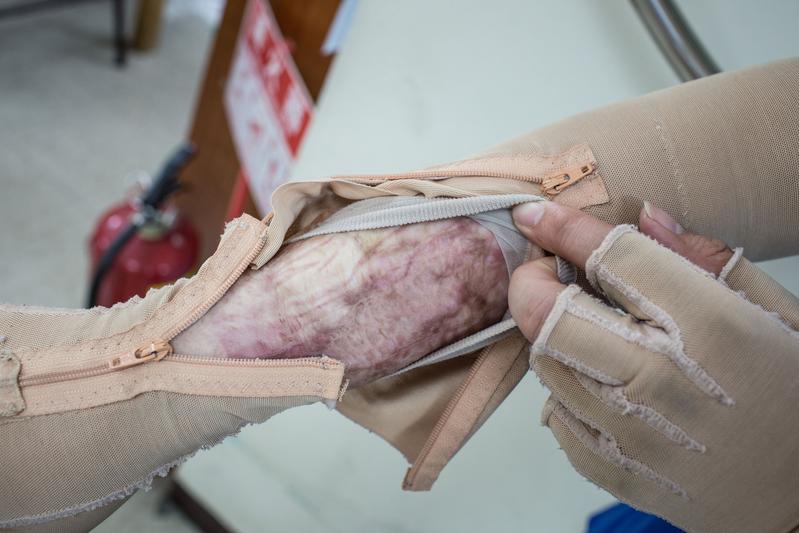
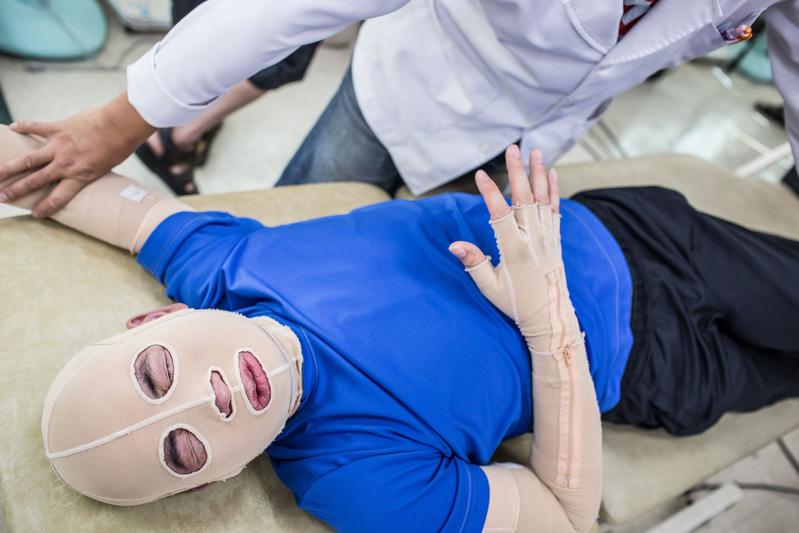
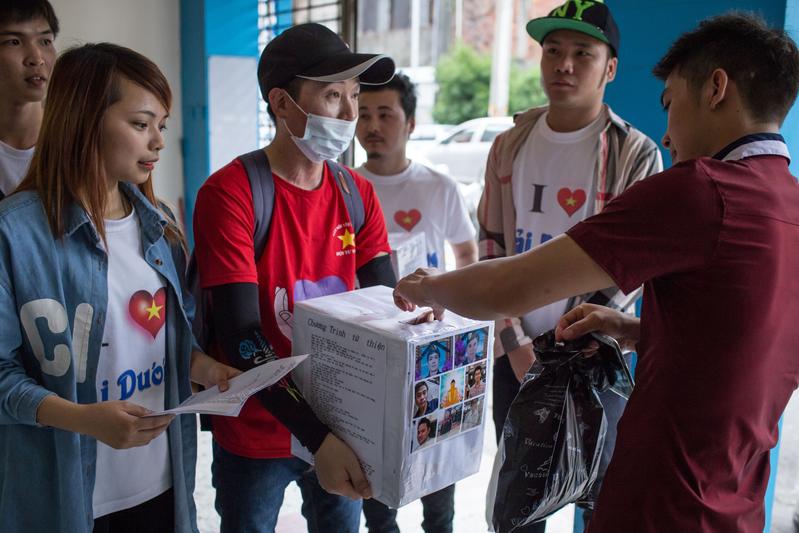
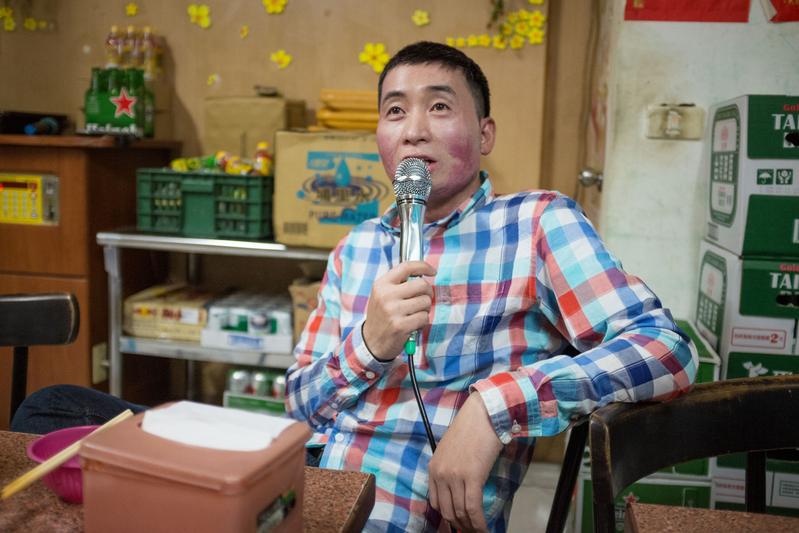
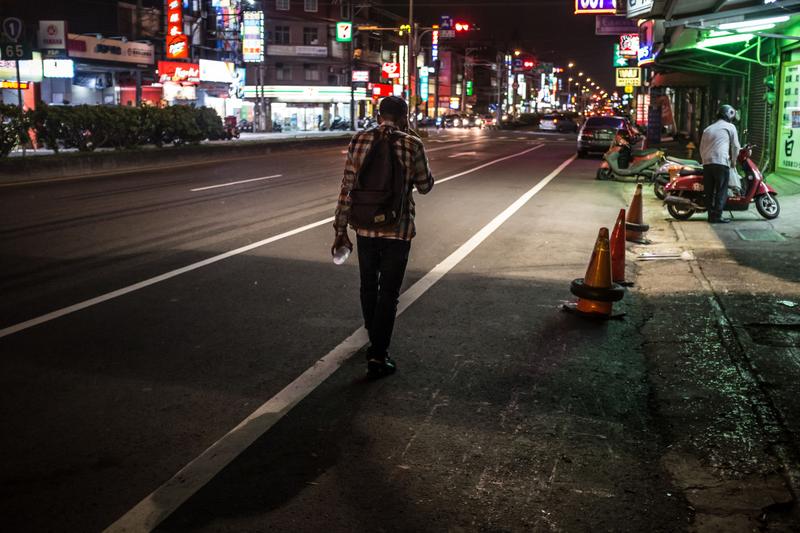
For many of the Southeast Asian migrant workers who have left their home and families for the opportunity to work in Taiwan, the idea of coming here could not have been more appealing. The chance to earn amounts exponentially higher than their home county is enough to convince any one in poverty to leave their home country for work.
The average wage in Vietnam stands around $150 USD or 4500 NTD according the United Nations Statistics Division. The 20,008 NTD per month figure that they could make in Taiwan could not be eclipsed by the money an average person can make at home, making Taiwan very lucrative to people with so little. Of course there is a catch to all of this. This sum is deceiving for people who come from poor countries, especially when they see a salary almost 10 times more than what they are making per month. What they don’t expect is to be essentially made into indentured servants for the first year. After all the added costs, brokerage fees, insurance and housing fees, many migrant workers are left poorer while working their first years in Taiwan than they would have been at home. In the first year, most migrant workers are left with little pocket money to even eat, unless they are lucky to be placed in a factory with heavy overtime hours, something every foreign factory worker in Taiwan wants.
For Kieu Van Dao, a Vietnamese man who arrived in Taiwan in 2004, this was still worth the price of providing for his family. Kieu worked three consecutive three-year contracts at a marble factory. At the beginning of which, he made monthly installments to pay for his 130,000 NTD brokerage fees. Even though he re-signed at the same company for each new contract, he still had to pay new brokerage fees each time. In the first years of each contract, his wages would be garnished to a pitiful few thousand NTD, from which he was supposed to pull out money to support his family at home. This was life for Kieu Van Dao, his work benefitting his employer, perhaps more so than it benefitted himself.
In August of 2013, everything changed for Kieu, who was three months into a new contract, back from a stint in Vietnam to see his wife, daughter and newborn son. He worked for such a big company for so long, and wouldn’t have expected how much the events that occurred on that day would effect the rest of his life. That day was August 17— the day he would be burned.
It was Saturday, a day that migrant workers work and just a normal day for Kieu. He had opened a barrel of wax used for shining to discover it was too solid for use, and was such instructed to use a torch to soften it up. The wax ended up causing a large fire as well as a large commotion amongst the employees. Kieu tried to stay cool and find a way to put it out, but before he could do anything, a panicked coworker kicked the burning barrel, throwing the boiling wax to onto Kieu’s body. After this, his days as a laborer were history and he found himself undergoing the excruciating pain of healing from burns which covered 75% of his body. Everything but his back, hands and head were left scarred. The painful process left Van Dao wishing for his own death.
For all of the time Van Dao had given to his company, he wouldn’t have expected them to push him aside as if he were less than human, but that is what they essentially did. They made a decision to stop paying him after some months of not being able to work. A court case ensued, and in the end, Kieu had to settle for a sum far less than he had sought in the first place, knowing if he didn’t settle for the lower amount, the case would have just dragged on past his contract period.
In May, Kieu returned home to Vietnam to be with his wife and two kids. His biggest challenge now is to find a way to make money for them once his settlement has run out. Living is cheaper in Vietnam, but not free. In Vietnam, 37-year old Kieu will have an even more difficult time finding a job in his condition. He is now helping his wife run a material recycling center she set up inside the family’s rented house. Kieu, however, is unsure if this business can provide for his family. Meanwhile he suffers working in the Vietnamese heat. The areas of his body which were burnt can no longer sweat, causing his body to simply overheat.
Kieu’s story is a shining example of how Taiwan’s system brutally disregards migrant workers from Southeast Asia. Unlike western ARC holders, Southeast Asian workers are not given the chance to apply for permanent residency. Instead their limit is 12 years, just long enough for the healthiest years of their bodies to be used up. After this time, they cannot work in Taiwan any more. This system is riddled with problems and discriminatory rules to keep Southeast Asians marked as outsiders instead of members of society. The brokerage fees which rob poor people of their financial freedom in the first months of their contracts are also a huge burden.
Despite all this, the opportunity for Southeast Asians like Kieu to come to Taiwan has good aspects. Kieu has said that he might be dead if he had been injured in Vietnam and he appreciates the kind care he received. He received rehabilitation care through the Sunshine Social Welfare Foundation and he also received an 800,000 NTD labor insurance payout. This money, however, quickly got used up on medicine fees and expenses back home. He now has to find out how to make ends meet for the rest of his life.
While recovering from his burns, Kieu’s greatest pleasure was meeting with a Vietnamese group called Hội Từ Thiện Kết Nối Yêu Thương, which is made up of volunteers who want to help other Vietnamese in need. They assist in cases of injury, death, or illness. On Sundays groups go out all over the island to collect money in Vietnamese restaurants and KTVs. On the weekend pictured, Kieu’s group, along with other groups around the island collected almost 90,000 NTD to assist their cases. When the explosion occurred last June at the Formosa Fun Coast Water Park, Kieu went to offer his consolation to those who had been burned in the blast, while still undergoing his own painful rehabilitation.
Wouldn’t Taiwanese society benefit by having stand up people like this be able to stay here permanently? If Southeast Asians enjoyed an equal social status as everyone else, they could be very productive members of society and do great things for the island of Taiwan, but because of their nationality, they are excluded from this and held at a level lower than Taiwanese.
In Kieu’s case, his burned body would have simply been useless to the factory industry which tossed him aside. This highlights the overall attitude towards migrant workers in Taiwan: They are not looked at as people, but as tools; tools of cheap labor that have benefitted the Taiwanese economy for many years. The practice of treating migrant workers like tools rather than people needs to be changed and Southeast Asian migrant workers deserve fair treatment.
深度求真 眾聲同行
獨立的精神,是自由思想的條件。獨立的媒體,才能守護公共領域,讓自由的討論和真相浮現。
在艱困的媒體環境,《報導者》堅持以非營利組織的模式投入公共領域的調查與深度報導。我們透過讀者的贊助支持來營運,不仰賴商業廣告置入,在獨立自主的前提下,穿梭在各項重要公共議題中。
今年是《報導者》成立十週年,請支持我們持續追蹤國內外新聞事件的真相,度過下一個十年的挑戰。

